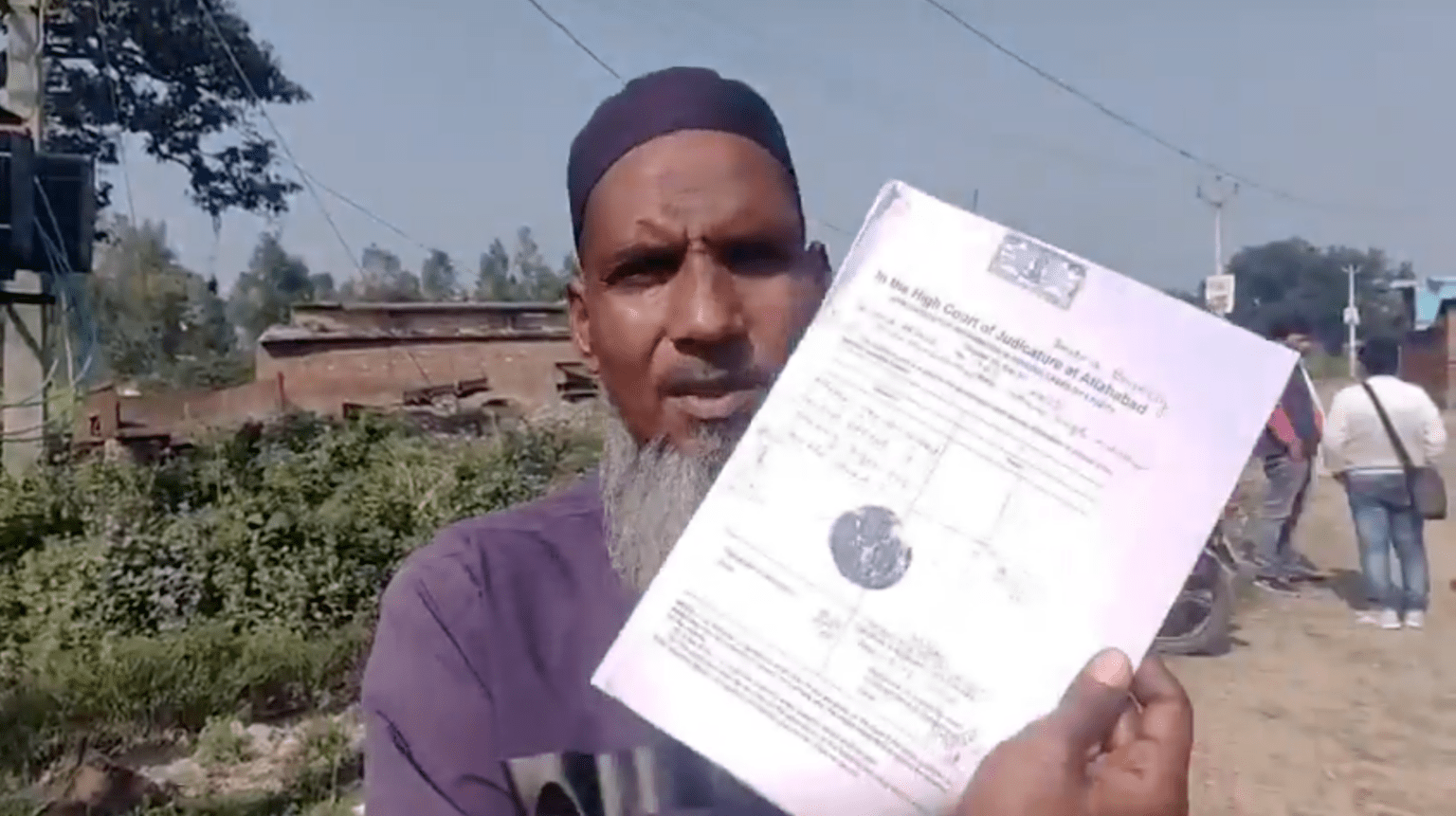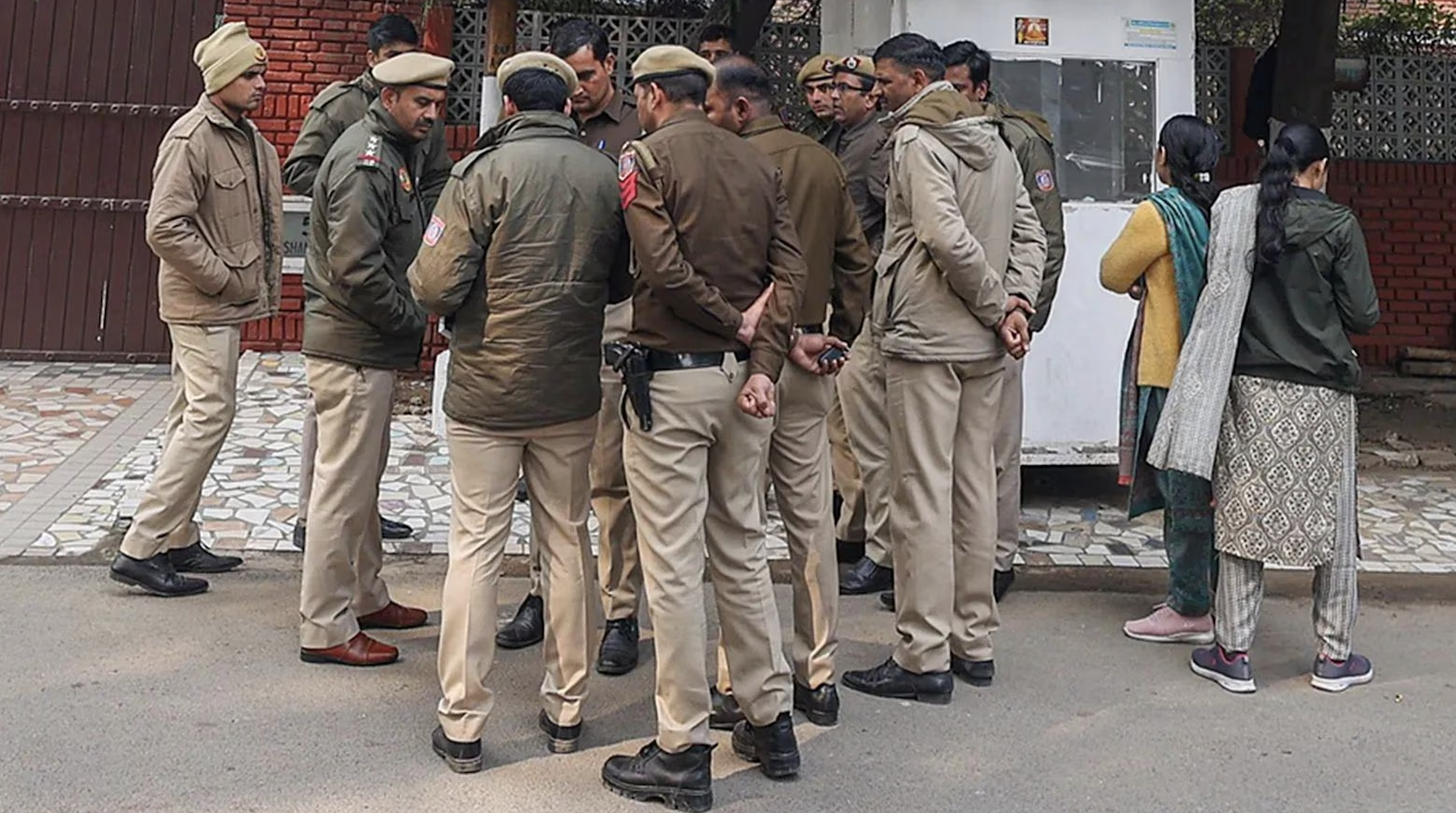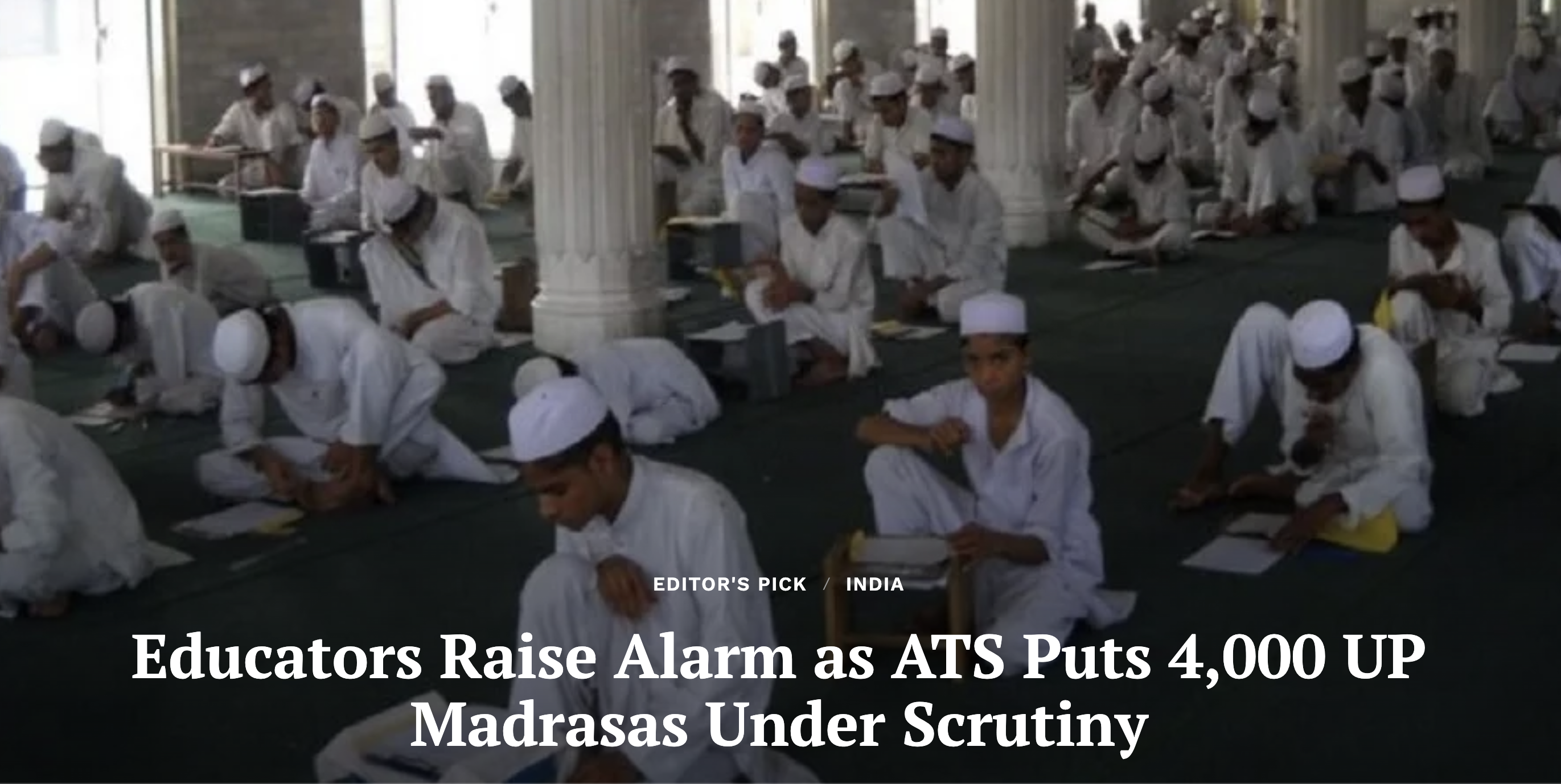By Nilanjan Mukhopadhyay
As the Rashtriya Swayamsevak Sangh (RSS) marks its 100th year, The Federal speaks with Professor Shamsul Islam, academic and author of ‘RSS, School of Fascism’. He traces the ideological and organisational roots of the Sangh to 1930s Europe, where fascist movements were transforming politics through militarisation, propaganda, and cultural dominance.
How did fascist ideas influence the early RSS leadership?
The RSS’s formation in the 1920s and 30s coincided with the rise of fascism in Europe. Hindu Mahasabha leader BS Moonje, who was the mentor of RSS founder KB Hedgewar, openly admired Mussolini’s Italy. Moonje believed that Hindu society needed to be militarised to assert dominance.
His 1931 visit to Italy proved crucial. He met Mussolini, toured fascist youth and military institutions like the Balilla and the Avanguardisti, and returned convinced that similar organisations were needed in India to build a disciplined, militant Hindu society.
How did Moonje’s ideas shape the RSS?
After returning from Italy, Moonje helped establish the Bhonsala Military School in Nashik, designed to train Hindu boys both ideologically and militarily. Hedgewar was deeply influenced by these ideas and modelled the RSS on similar principles — daily drills, uniforms, discipline, and a strict hierarchy.
The objective was to combine physical training with ideological indoctrination — creating not just disciplined citizens but loyal soldiers of a Hindu nation. This militarised vision became central to the RSS’s identity.
Was this influence confined to India, or were there international connections?
There were definite international links. Italian consulates in colonial India, especially in Calcutta and Bombay, actively promoted fascist propaganda. They financed local publications sympathetic to Mussolini’s regime and cultivated connections among Indian intellectuals.
This story was originally published in thefederal.com. Read the full story here.






